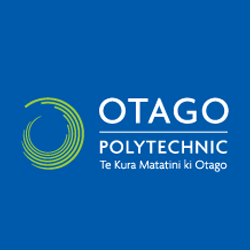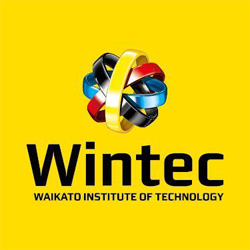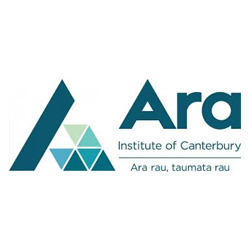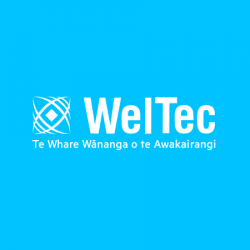
Industry oriented mathematics
Status
Completed: 2 May 2015
Project Details
A project, completed in 2015, to identify and test an industry-oriented maths approach within four Institutes of Technology and Polytechnics’ Bachelor of Engineering Technology (BEngTech) programmes. A collaboration of Otago Polytechnic, Waikato Institute of Technology, Christchurch Polytechnic Institute of Technology and Wellington Institute of Technology.
Aims:
The main aims of the project were to:
- examine the application of mathematics knowledge to industry orientated problems in classroom teaching
- trial the implementation of mathematics as project-based learning as an alternative to the current method used of theoretical based teaching
- contribute to the development of knowledge around industrial subject-oriented teaching and learning strategies
- provide a model for educators than can be transferable to other subject areas, for example, mathematics courses in finance, health and computing.
Methodology:
The project was completed in two phases using the following methodology:
Phase 1:
- 16 of 22 students registered for the maths class participated in the test conducted for the project at Otago Polytechnic in 2013
- real life industry related maths problems were collected from potential employers of BEngTech students and surveyed for maths knowledge
- a workshop was offered to the first year BEngTech maths students on industry related maths problems
- a comparison of the performance of students in theoretical maths problems was undertaken on the maths results from the 2012 and 2013 student cohorts.
Phase 2:
- a redesigned research methodology tested a different cohort of first year students in 2014 at Otago Polytechnic, Waikato Institute of Technology, Wellington Institute of Technology and Christchurch Polytechnic Institute of Technology
- after completing the theoretical maths course, 36 of the 76 students registered in the maths class were tested to see if they could apply this maths knowledge to solve industry related problems
- these students did not undergo a workshop to explain the industry related maths problem concept as detailed in Phase 1.
Research question:
- Can BEngTech students apply the purely theoretical maths taught in the current course to industry related maths problems?
Team

Associate Professor Ziming Tom Qi
Project Lead
Otago Polytechnic
Richard Nyhof
Otago Polytechnic
Dr Matt King
Otago Polytechnic
Dr Najif Ismail
Otago Polytechnic
Dr Mark Harmer
Otago Polytechnic
Dr Ken Louie
Waikato Institute of Technology
Debbie Hogan
Waikato Institute of Technology
Daphne Robson
Christchurch Polytechnic Institute of Technology (now Ara Institute of Canterbury)
Frank Cook
Wellington Institute of TechnologyStatus
Funding
$31,392.00 (excl GST)
Key Findings
The key findings from the project were:
- Most first year BEngTech students who completed the test had difficulty with applying their maths knowledge to industry orientated problems.
- The engineering industry’s need for mathematical knowledge in the workplace varied between the different majors, i.e. mechanical, civil or electrical engineering.
Key Recommendations
The key recommendations from the project were:
Development of scenario or exemplar questions | That further research is carried out in order to determine whether students need to be taught additional skills for them to be able to apply theoretical knowledge in industry contexts. One example is the development of scenario or exemplar questions.
Retest the 2014 cohort in 2016 | That the same 2014 cohort is tested in their final year (2016) with the industry applied assessment to see if their ability to apply their maths knowledge has been improved by their exposure to the entire curriculum, not just maths.
Replicate Stage 1 half day workshop | That the Stage 1 half day workshop is replicated for all first-year maths students in 2015 across the four ITPs following which these students be tested with both the standard assessment and the industry applied assessment.
Formulate a more detailed research project | That a more detailed research project be formulated that includes interviews with employers to investigate their specific needs with regard to the application of mathematical knowledge in the industry and continues to build a library of real world problems.
Extend research to Phase Three | That the research extends to a Phase Three which would explore the implementation of industry project-based learning as an alternative to the current method used of theoretical-based teaching.
A research report prepared by Ziming Tom Qi.
(PDF, 1.39 MB, 42-pages).
- 4 May 2015